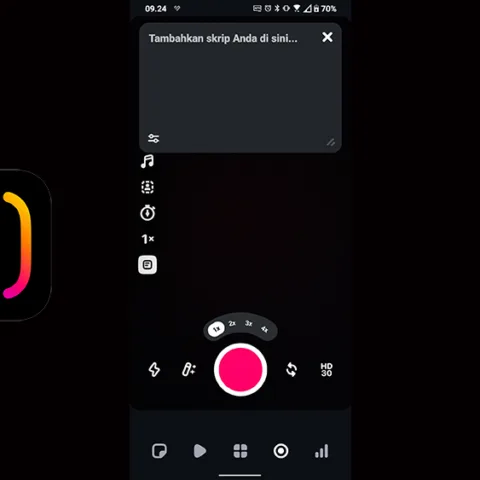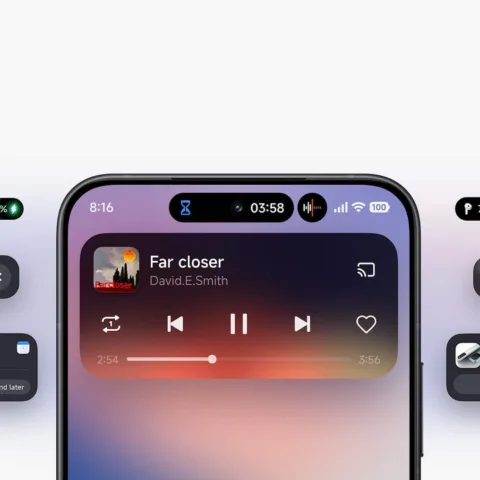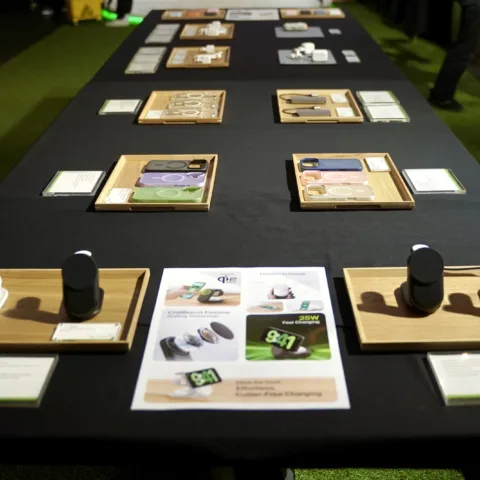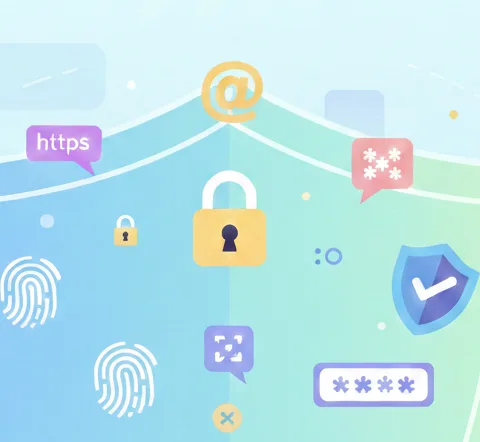 Thanks to ReadWriteWeb, the attention of the technology inner circles once again is directed at the check-in phenomena that has been making its way around the web. Have we already arrived at the point of check-in fatigue or are we actually just beginning to discover its value? Think of an activity and most likely you’ll find a web service that offers a way to share that experience with every one else.
Thanks to ReadWriteWeb, the attention of the technology inner circles once again is directed at the check-in phenomena that has been making its way around the web. Have we already arrived at the point of check-in fatigue or are we actually just beginning to discover its value? Think of an activity and most likely you’ll find a web service that offers a way to share that experience with every one else.
Before we proceed, let’s look at what a check-in actually does. Checking in involves stamping your presence at a particular location or activity and announcing to the world that you’re doing it, and sometimes, why. It doesn’t actually have to be a location.
Check-in taps into the narcissistic tendency inherent to a lot of people. People don’t just want to be seen, they want to be seen as hip, or for the ironically minded hipsters, anti-hip. Most people check in where everyone else does although a lot of people also check in to certain locations to show how anti-hip they are. Regardless, they’re checking in.
Check-in fatigue
Let me point to a blog post from last year by Rama Mamuaya, my esteemed CEO, company founder, and daily target of staff bullying, about check-in fatigue. In it he said that his major turn off from Foursquare is the number of duplicate entries for a single venue. He also said the badges, while “genius,” also served as a distraction from what Foursquare was meant to be, a tool to facilitate serendipitous meet ups and discover things about particular locations.
At that point I was mostly in agreement and nearly wrote a post about it myself. Apparently procrastination won out. On a personal level I felt check-in as we know it was done in 2010, never mind the massive growth numbers that Foursquare was having or that people were just finding out about services like it. It grew because people were just finding out about it. Usage per person over the past year apparently dropped according to Foursquare’s own numbers although it went up again after South by Southwest festival this year.
When I say done I don’t mean dead, I mean at that point nobody has figured out how to push it forward. There’s been no innovation that makes checking in as exciting or compelling as sharing status updates no matter how mundane it may be.
After the big breakout of check-ins in 2009, other services began to roll out with check-ins as part of its feature such as Yelp, Miso, and GetGlue. The core value of check-ins in most of these services lies in the sharing component of the activity, without which it becomes mostly irrelevant. Why check in when you don’t share it?
I came into this scene in 2008 when BrightKite was still looking to find its crowd and a few months later three guys based in Barito, Jakarta, began to roll out their own version of BrightKite called Koprol.
Koprol, and later Foursquare and Gowalla, rolled out publicly in early 2009, all offer a similar schtick and somehow Foursquare “won out.” While Foursquare and Gowalla had gone international, Koprol remains in Southeast Asia, or perhaps more appropriately stuck in Indonesia. Sure, they’ve expanded to The Philippines, but that’s hardly international.
Most of the necessities for Koprol to break out are already present, it just needs that push to fly, and as I indicated earlier, it probably needs some polish in the design. Apparently its co-founder, Satya Witoelar agrees with me, unless he’s pulling my leg, which he rarely (probably never?) does. He’s a good guy, I like him. But I digress.
Dull and monotonous
I’m a member of a Facebook page for people who monitor the social media scene in Indonesia and in it is this very discussion about check-in fatigue. The general sentiment there is that the entire notion of check-in is dull and monotonous. Check-ins don’t bring much, if any, real value to the so called players. Giving badges is fine but does nothing other than boost the feeling of self accomplishment equalling that when you manage to swat a fly.

What’s missing from those services is the interactivity that Twitter and to an extent Facebook brings. Additionally, actual rewards, not virtual, could also be the missing element from many of these check-in startups.
Yoga Nandiwardhana, head of Detik’s mobile division and former writer for DailySocial said, “I no longer do [check-ins], the appeal’s worn off. The game elements not engaging enough. They need real life rewards.”
Daniel Giovanni, social media manager at digital agency Magnivate is still a keen user of Foursquare but he doesn’t find value in non-location based check-ins. He says, “Other than location-based it’s kind of boring but I think Foursquare is getting interesting again. Whenever I go out to eat I look at the tips on Foursquare for recommendations. Usually when it’s at a new place.”
Mayor deals or rewards in Foursquare do not translate well to parts of world where there is a lack of participation from business owners. Foursquare currently hasn’t offered enough incentives for them to participate. As a result, members chase mayorships through creating duplicate and often incorrect venues, simply to become mayors regardless of deals.
The value
Aside from people who check in directly on it, Foursquare has gained value through its API and in return adds value to services like Instagram. Foursquare may already have a few million photos shared on its service but its numbers are dwarved by the 3.6 million photos a week posted on Instagram, a photo sharing service which went public in late 2010.
Instagram is leveraging on the early check-in boom. Photos shared on Instagram can be tagged with location information pulled from Foursquare’s database. This is how location-based services can be useful for other services.
Many in the digital agencies see check-ins as valuable to the brands they represent according to Waraney Rawung of Edelman Digital. As mentioned earlier, people want to be seen at cool events and happening places. Working with Foursquare for the recent Live & Rockin’ concert in Jakarta, the people at Edelman Digital couldn’t be happier as it became the largest Foursquare event in the country.
Check-in services aren’t dead, they’re in the infancy stage and people are just discovering the different ways they can utilize this relatively recent aspect of the web.











“daily target of staff bullying” sh00t man! so so true! Laughing out Loud on this sentence!